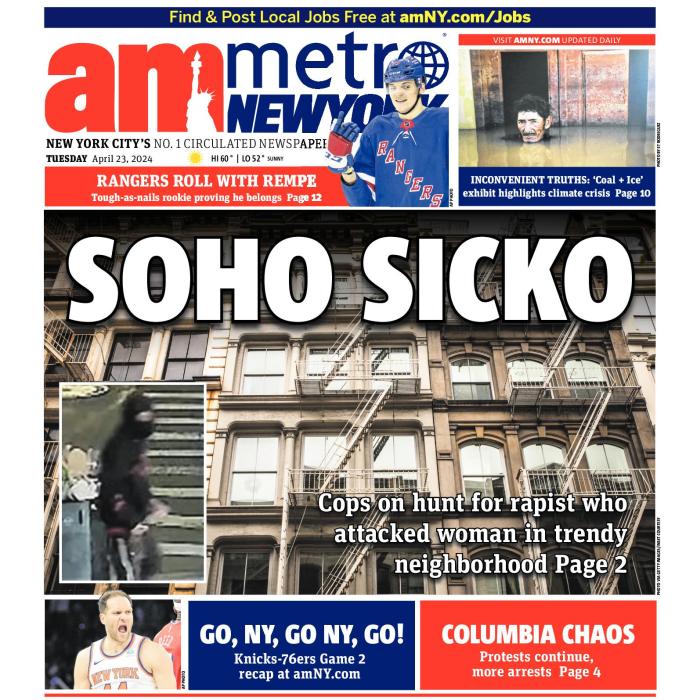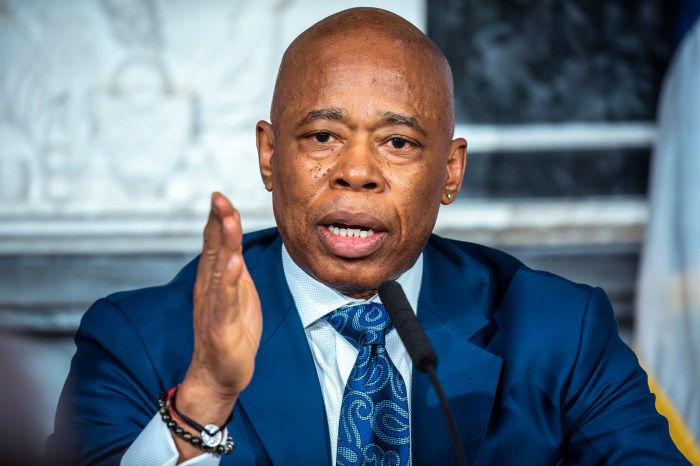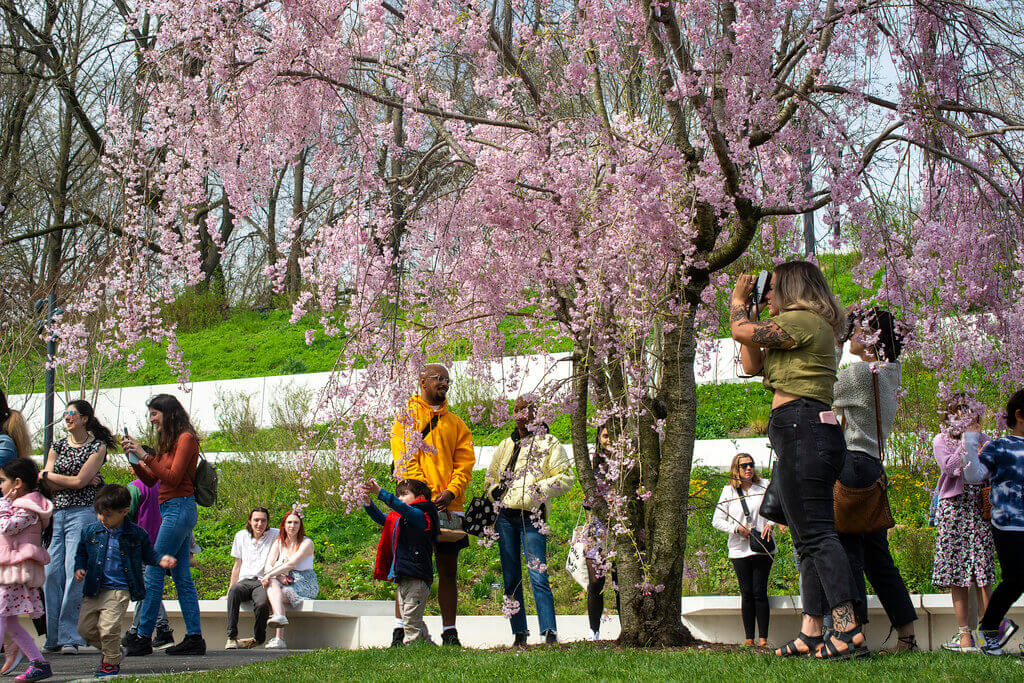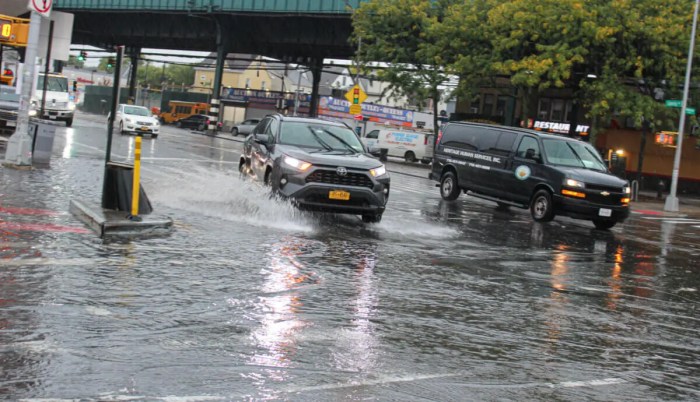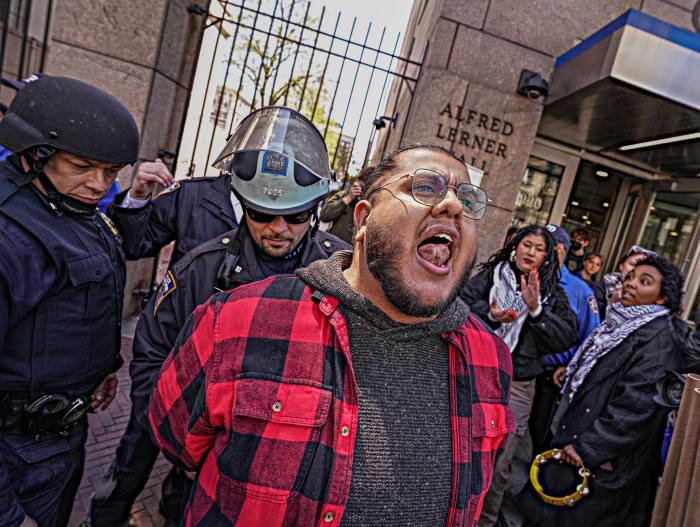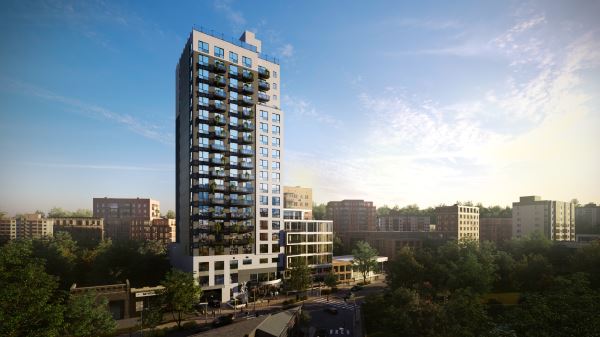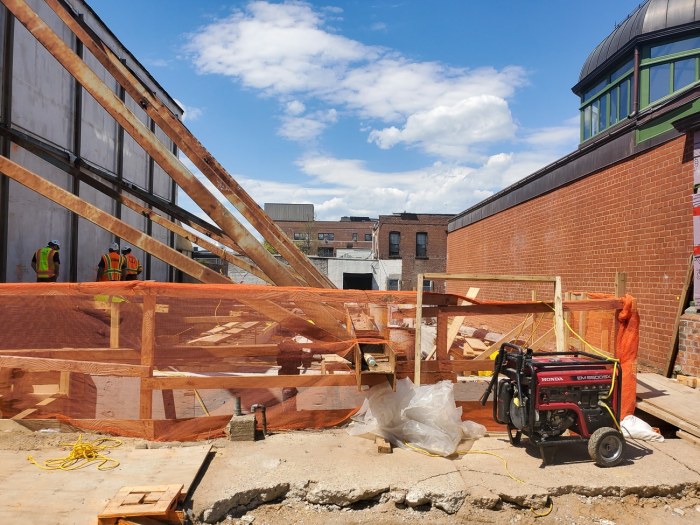New York has become Airbnb’s biggest testing ground for whether its Internet-based model of short-term rentals can fly with regulators.
The company’s business model is causing discomfort for the hotel industry, housing activists and policymakers. State Attorney General Eric Schneiderman’s office issued a revised subpoena Wednesday seeking user data from the company as it investigates illegal hotels in the city.
Even with the scrutiny from regulators and competitors, Airbnb has attracted hundreds of millions of dollars in funding from venture capitalists and is now valued at $10 billion. It operates in dozens of cities around the globe, as well as in small towns and tourist destinations.
With so much money at stake and a potential IPO in the offing, the company is pouring some of its cash into lobbying and public relations as it seeks legitimacy in major markets like New York.
Here’s what you need to know:
1. Is it legal to rent out your home on Airbnb in New York?
In his decision to quash the attorney general’s subpoena of Airbnb records, a state Supreme Court judge said that evidence indicates that a substantial number of Airbnb hosts may be breaking the state’s law when it comes to opening their home to guests. That’s because the law enacted in 1929 says a residence used for living cannot be rented out as a temporary hotel room for short stays defined as less than 30 days.
However, this doesn’t mean it’s illegal to rent out a spare bedroom. In truth, most renters are more likely to get into trouble with their landlords. Their leases typically prohibit short-term leases.
Airbnb, for its part, says its users should bone up on local law before using its site. And it has taken steps to deal with scofflaws. In April, for instance, the company purged a number of New York users from its platform for violations.
2. Is Airbnb exacerbating the affordable housing crisis?
Housing activists have been sounding the alarm about Airbnb for years now, arguing that unscrupulous users are taking “blocks” of apartments out of the rental market to be used as transient hotel rooms. In 2010, state lawmakers tightened regulations under a law aimed at such “illegal hotels.” However, the problem appears to be persisting in the marketplace.
Activists point out that the city’s housing market had a vacancy rate of 3.12 percent in 2011, translating to about 68,000 vacant units available citywide — meaning any decrease in the stock has an impact.
Airbnb, for its part, hired a housing expert to investigate whether the short-term rental market was “driving up rents or having an impact on the rental housing market.” The report concluded that the “short-term rental industry is having little effect on urban apartment markets.”
3. Is Airbnb going to destroy the hotel industry as we know it?
Unlikely, but the hotel industry is definitely showing signs of anxiety about Airbnb. The Hotel Association of New York City Inc. has held meetings with members to discuss it because it is largely unlicensed, unregulated and untaxed. Airbnb, on the other hand, operates almost as if it is building a hotel chain without the bricks-and-mortar or paying taxes.
Airbnb argues that its business has generated $786 million in economic activity for New York and that a state law prohibits it from collecting taxes. “Our community wants to pay its fair share, and we want to help,” the company has claimed on its public policy blog.
